The US economy is out of balance.
As basic expenses climb and public programs shrink, “the economy” can feel beyond our control. In debates around housing, taxes or interest rates, the rules of the economy remain myopic, and voices with the most money consistently have the most say.
Fortunately, there are questions we can pose – and models we can adopt – that offer fresh ways to think about the economy. Across the United States, communities are reclaiming decision-making power over the financial forces that shape their lives.
That’s what this series will shine a light on. Proximate Investing is a project that explores how capital moves through communities in the United States. We'll look at the upstream forces that shape everything from housing to food systems to public infrastructure – the capital flows, investment vehicles and financial institutions. And we’ll ask: what happens when decisions are made by those most proximate to an investment's impact?
We've seen the harm caused when investment decisions are disconnected from proximate voices. Private equity firms construct housing that displaces longtime residents. Foundations invest in extractive companies that undermine the work of their grantees. Universities fumble town and gown dynamics.
The good news is that there are emerging models in place for how we might move our money differently – models grounded in proximity, compassion and lived experience. This series, supported by the Robert Wood Johnson Foundation, will shine a light on existing and in-progress models for bringing people ever more proximate to the dollars that shape their lives.
These concepts have been explored in the past few years in broad strokes, in reports like Transform Finance's Participatory Investment Learning Hub and reflections on community-controlled capital. We hope to build on these explorations, and put more specificity and recent examples in the spotlight.
So follow along. You can find the whole series here, and read the initial two newsletters below.



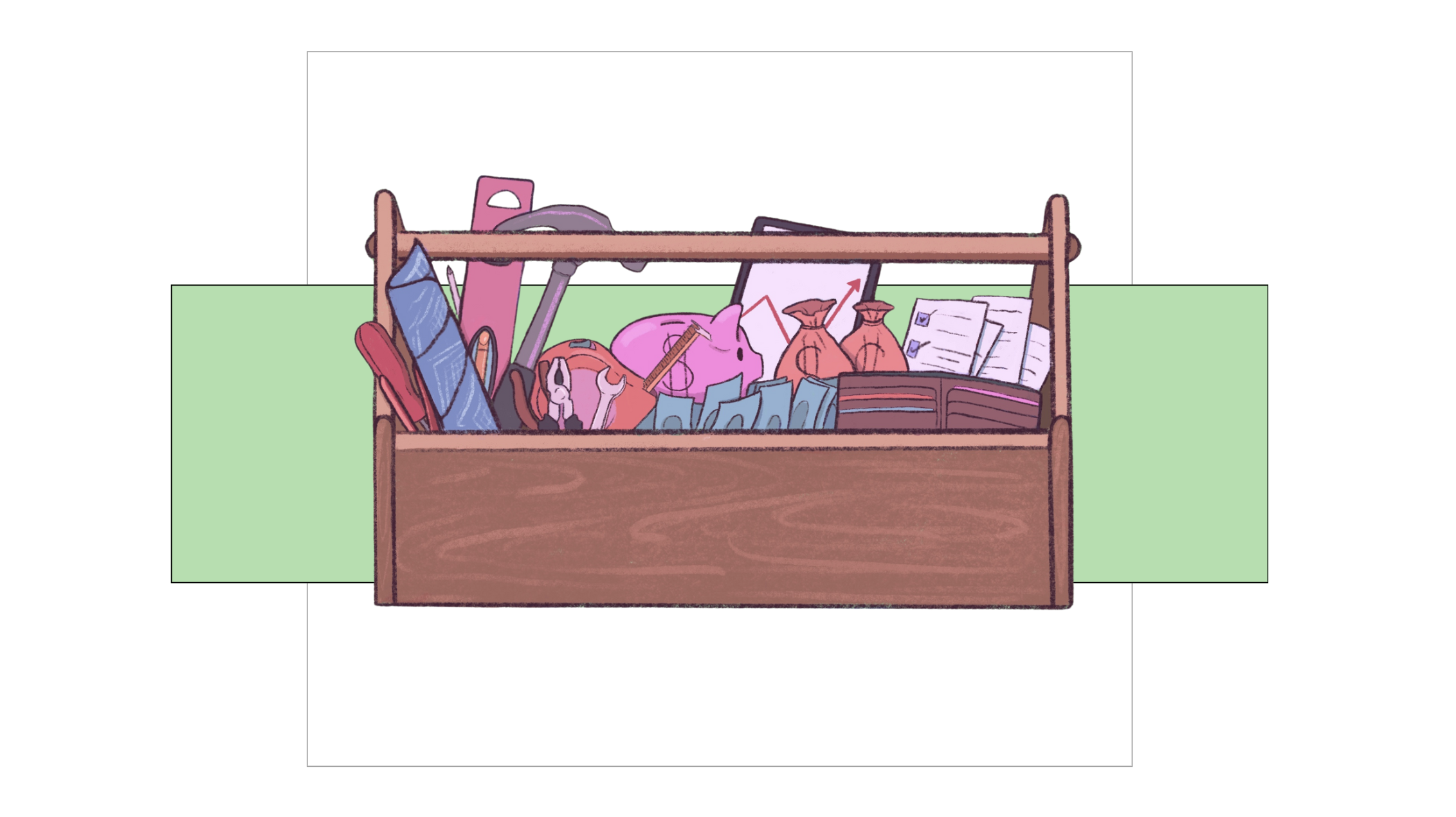
%20(1280%20x%20720%20px)%20(3).webp)




%20(1280%20x%20720%20px)%20(46).png)
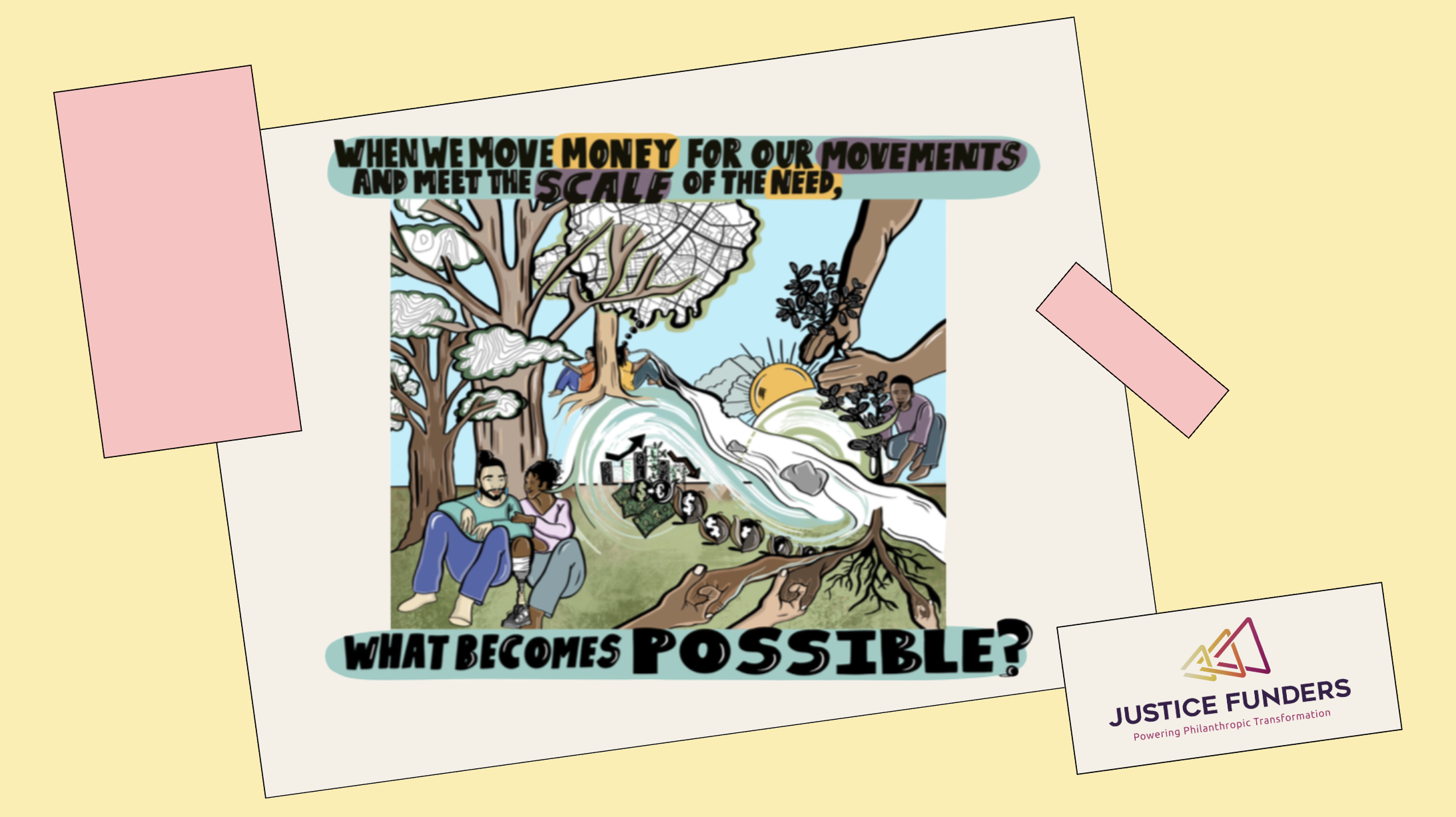
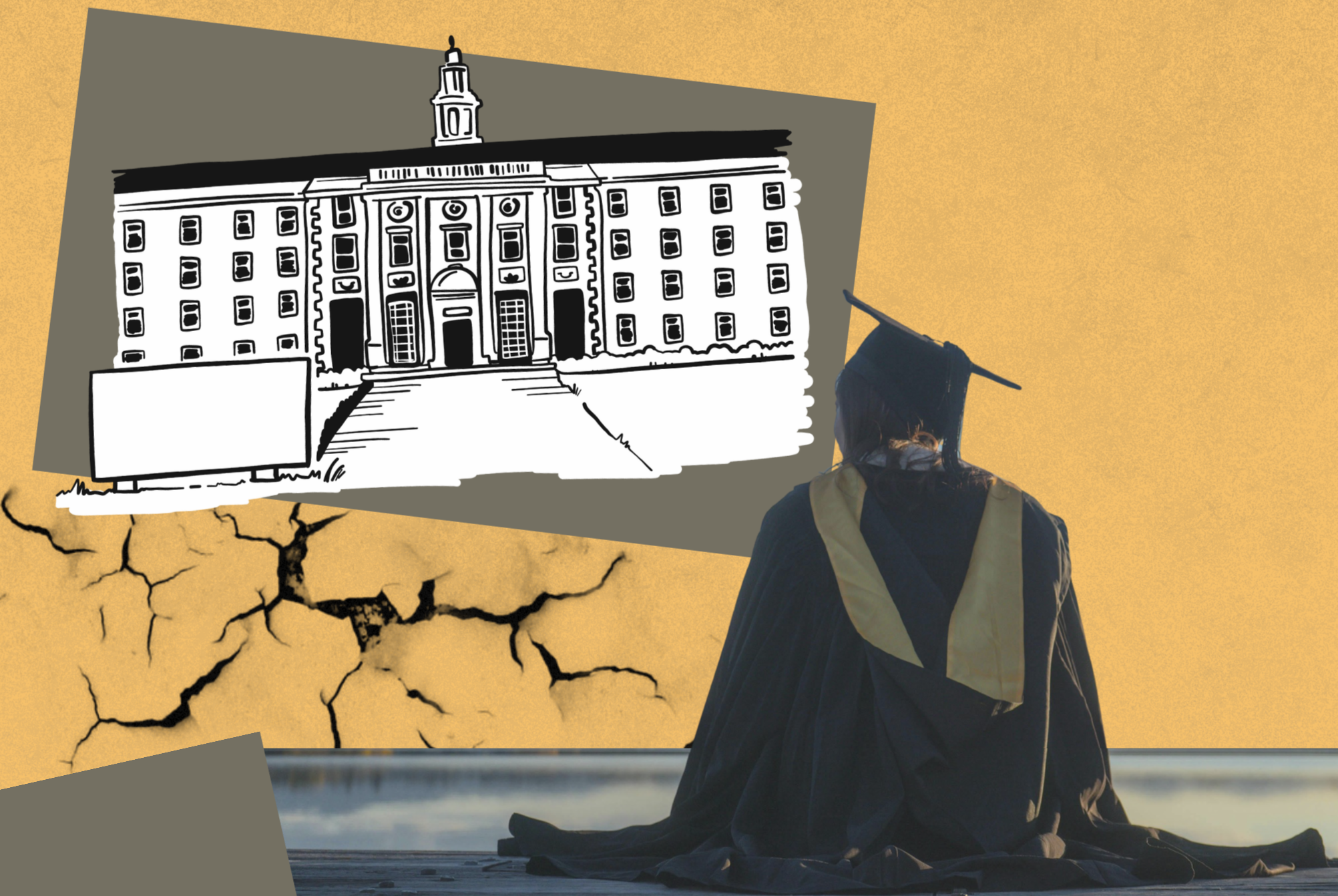
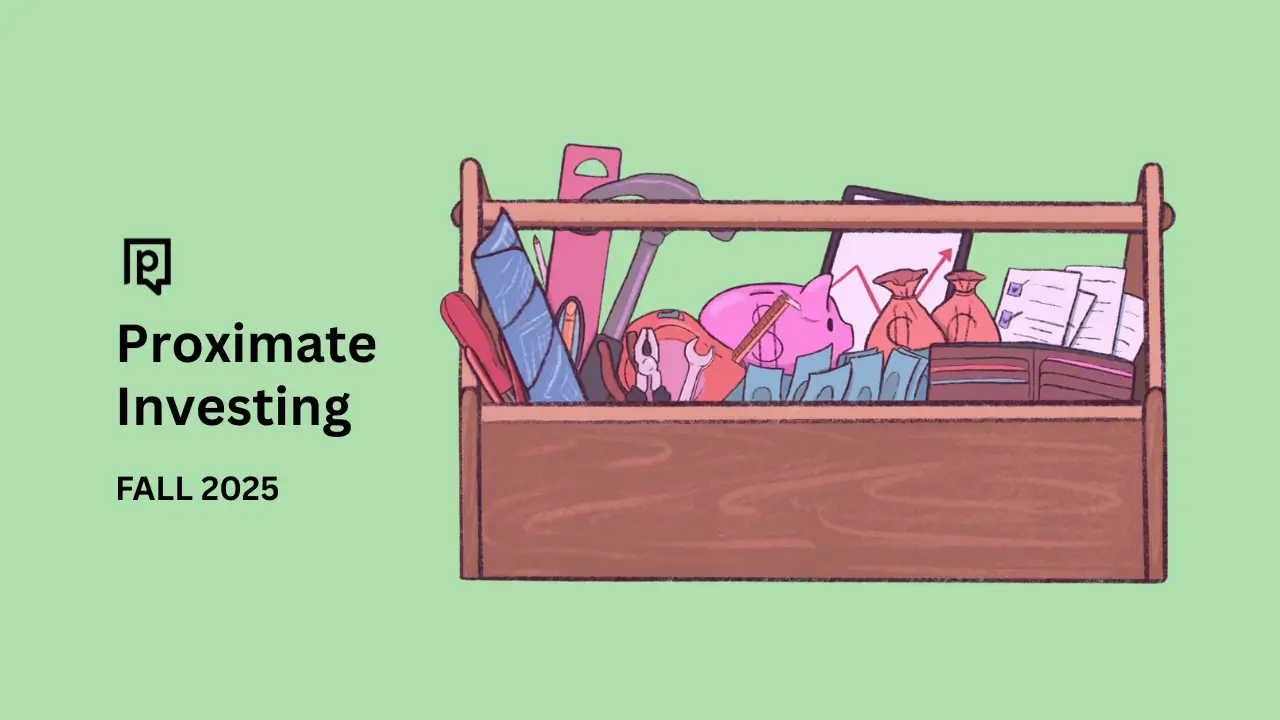
.webp)

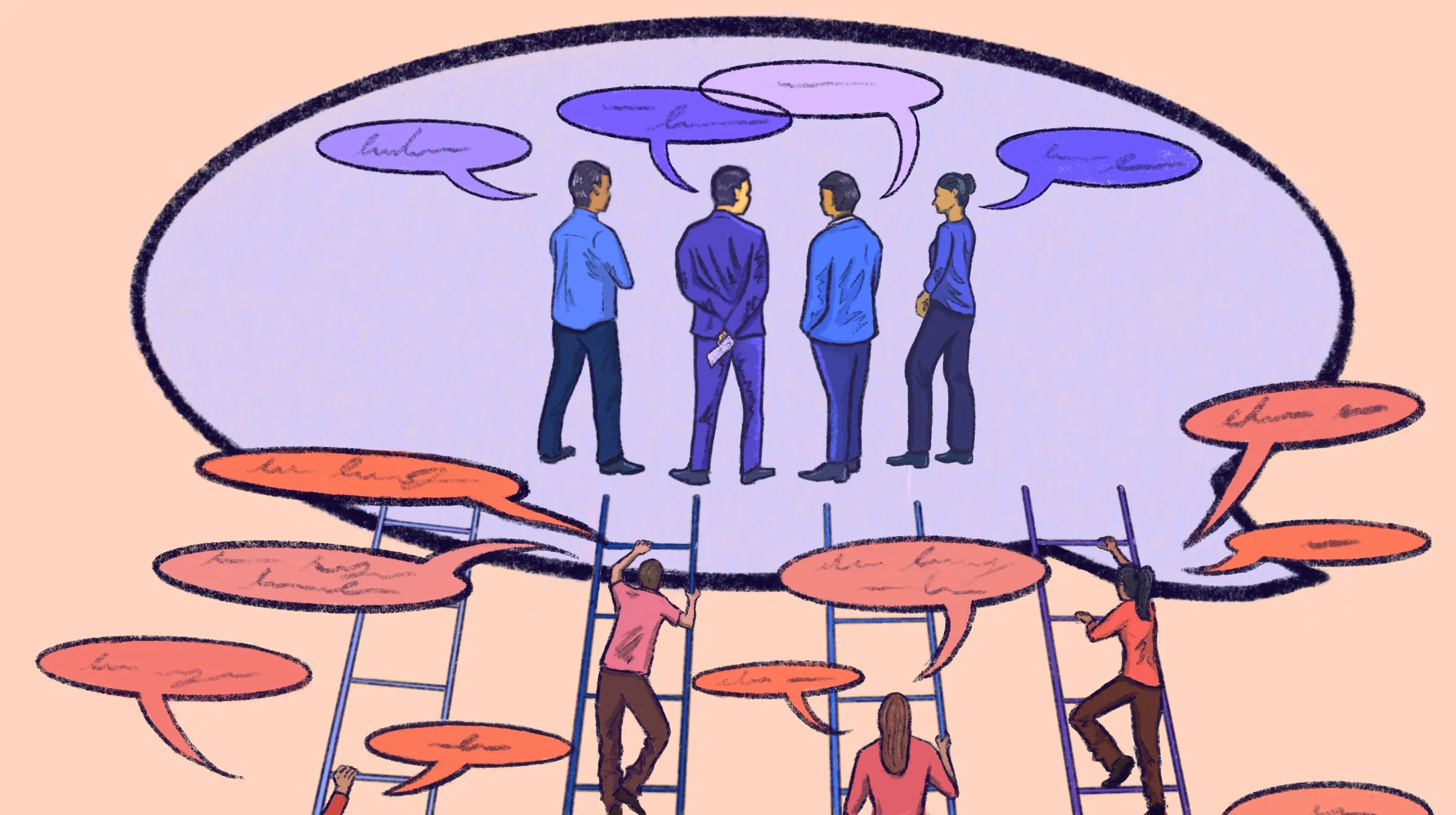
%20(1280%20x%20720%20px)%20(39).png)
%20(1280%20x%20720%20px).webp)
%20(1280%20x%20720%20px)%20(2).webp)
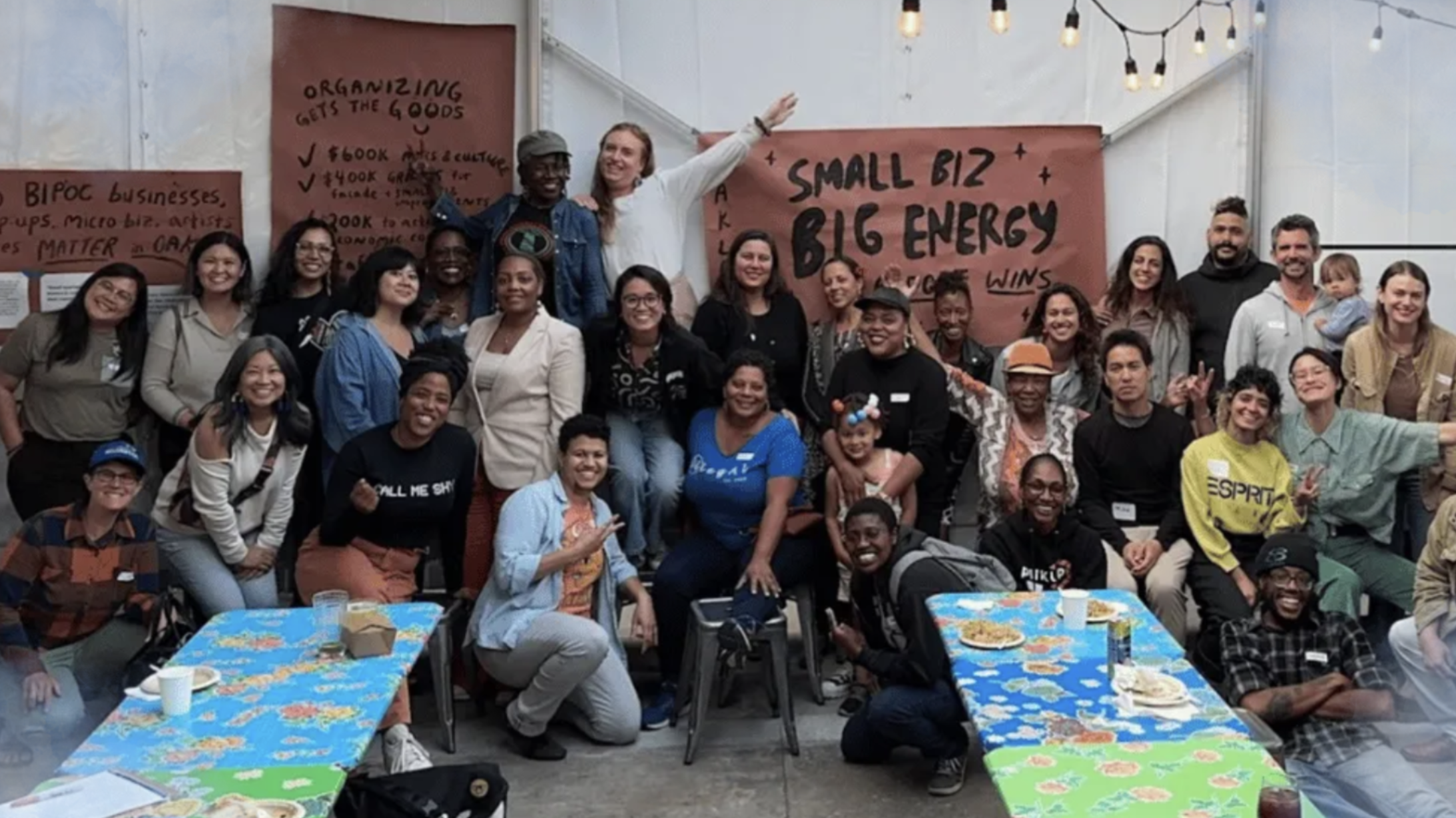


%20(1280%20x%20720%20px)%20(40).png)


.webp)
.webp)

